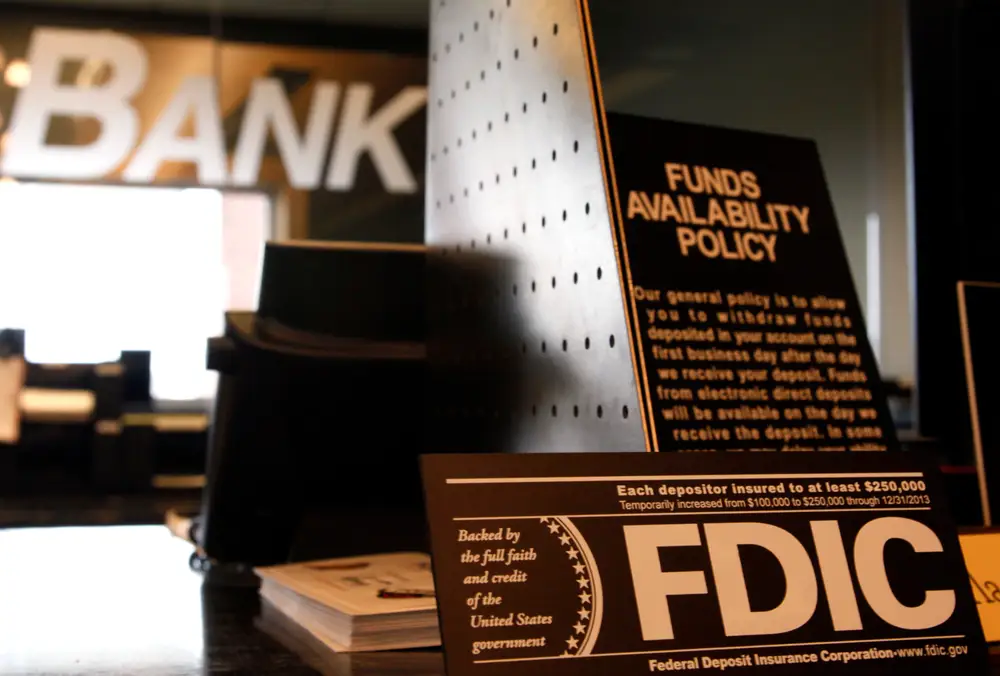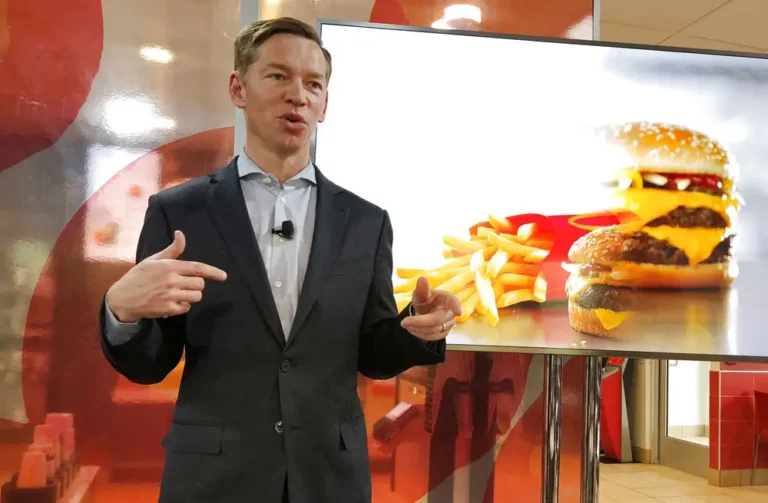A crypto scam sank a Kansas bank and got its CEO sent to jail for 24 years

The FDIC took over a Kansas bank after its CEO was caught in a crypt scam.
The CEO of a small bank in Kansas was sentenced to over 24 years in jail for his role in a cryptocurrency scam that caused the bank’s collapse and takeover by the Federal Deposit Insurance Corporation.
Shan Hanes, the CEO of Heartland Tri-State Bank, fell victim to a “pig butchering” scam that resulted in him stealing $47 million from the bank to put into what he thought to be legitimate crypto investments.
In a pig butchering scam — named after the method used by farmers of fattening pigs up before being slaughtered — criminals develop a relationship with victims and convince them to keep sending money, promising lucrative returns from investments only to disappear with the funds later on.
According to the Department of Justice, Hanes initiated 11 wire transfers totaling $47.1 million — a hefty portion of the almost $140 million in total assets and $130 million in total deposits held by the bank as of March 2022.
Hanes also took funds from his daughter’s college fund, a church, and an investment club, according to court filings.
Hanes started wiring the funds in May 2023 and continued over the next eight weeks before the Kansas Office of the State Bank Commissioner closed the bank in late July 2023 and the FDIC took it over.
Elkhart, Kansas-based Heartland Tri-State Bank was one of only five US banks forced to shutter last year.
“[Hanes’] involvement in this scheme ultimately led to the bank’s collapse,” Stephen Cyrus, special agent in charge of the FBI’s Kansas City Field Office, said.
“His job, the bank’s job was to protect its customers and identify fraudulent scams – not to participate in them,” he added.
Researchers say pig butchering scams are becoming more common. Many involve sending a wrong-number text and then building trust with the victim.
This kind of scam in particular has resulted in criminals stealing at least $75.3 billion in crypto in recent years, according to a paper published this year by researchers at The University of Texas at Austin.






